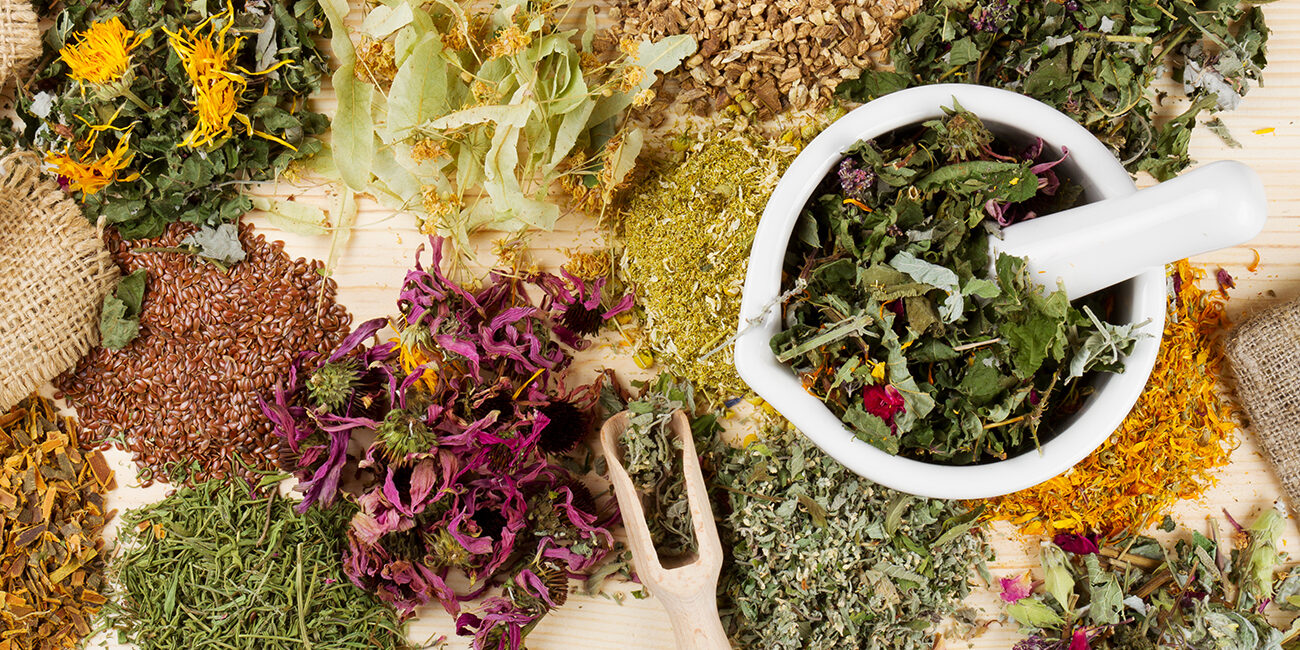“Let food be thy medicine” is often quoted to make the point that a healthy diet is the best way to get all of the nutrients that our bodies need. In an ideal world, we’d all have perfect diets that supplied us with a complete profile of vitamins, minerals, and macronutrients to keep our bodies humming along like a well-oiled machine. Unfortunately, this is often not the case and sometimes we need support to complete our nutrition. Whether it’s to fill in gaps in your diet, enhance your nutrition during illness or disease, or support extra needs during pregnancy and breastfeeding, herbs can help!
Many common herbs have high vitamin and mineral content and can provide a pleasant, non-chemical way to enhance your daily nutrition. Today I’ll share some information on a handful of the most significant ones that we recommend regularly in the shop.
Alfalfa
Medicago salvia
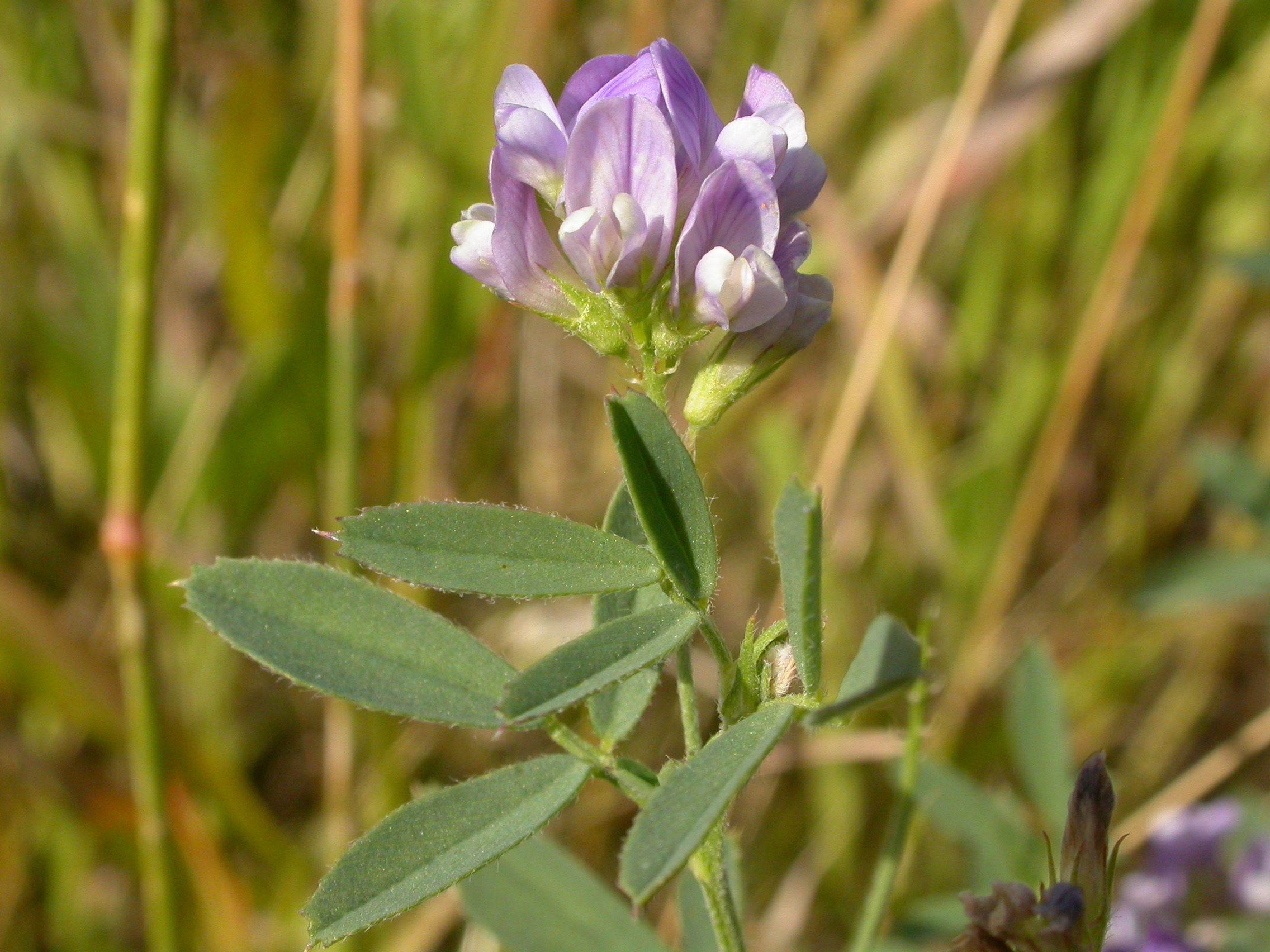
Alfalfa is known as a popular forage or feed for animals, and with good reason! It contains more bioavailable (absorbable) vitamins than many supplements and co-factors to increase absorption. It supplies magnesium, manganese, calcium, iron, and potassium, along with vitamins A, K and E. It has a pleasantly mild green/grassy flavor in tea and is safe in moderate use for just about everyone. If you have Lupus or a similar Autoimmune disease, or are taking blood thinners, consult your practitioner and/or doctor before consuming.
Moringa
Moringa oleifera
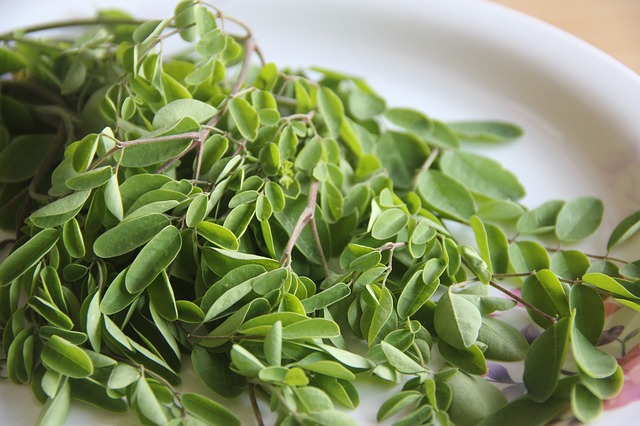
Moringa is a nutritional powerhouse native to the Indian subcontinent with various edible parts that are commonly used as food. However the leaves are considered the most nutritious part, delivering substantial amounts of B vitamins, protein, and magnesium, more vitamin A than carrots and more vitamin C than oranges! This high antioxidant content makes it a gentle detoxifier while balancing energy levels. Moringa is safe for most, including during pregnancy.
Nettle
Urtica dioica
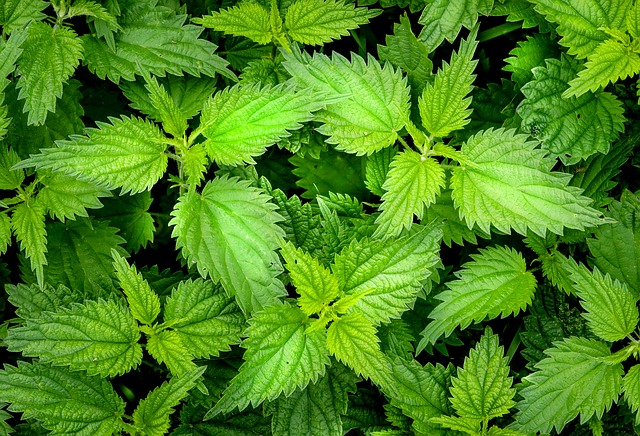
Nettle is a longstanding nutritive herb favorite as it is gentle enough for just about anyone to enjoy safely, even daily. Nettle leaves are rich in calcium, magnesium, and manganese, and also include appreciable amounts of potassium, vitamins K and A, and iron.
Oatstraw
Avena sativa
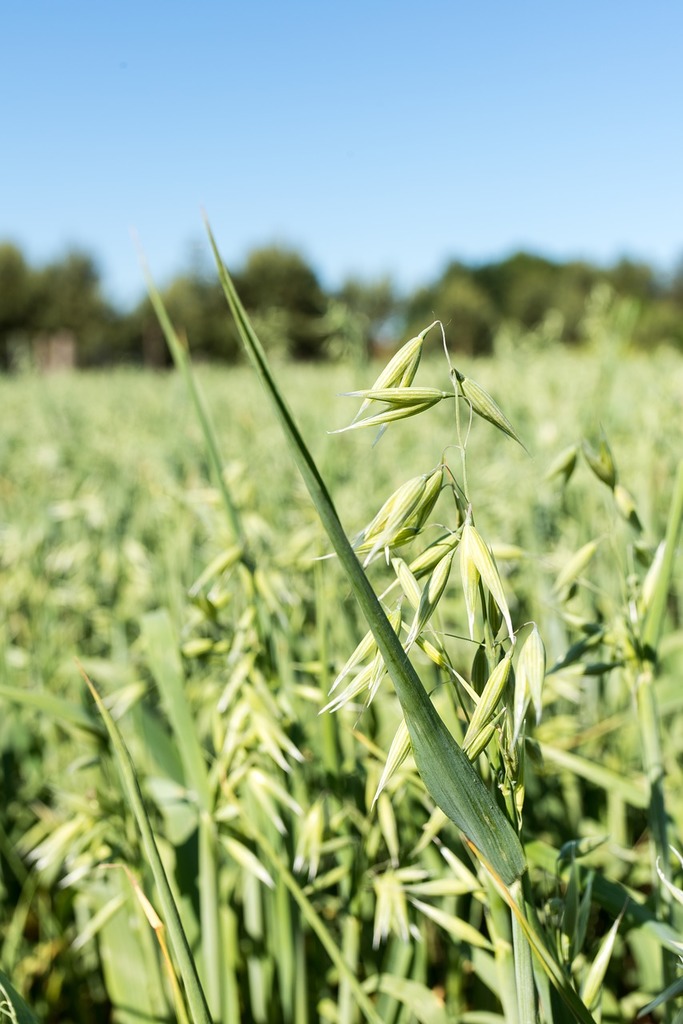
Another common livestock feed plant due to its high nutritional value, oatstraw comes from the same humble plant that gives us the oats we commonly eat for breakfast. It is high in iron, manganese, and zinc, and also provides good amounts of magnesium, potassium, and selenium. This herb is especially supportive to the nervous system and is gentle and safe for general use.
Parsley
Petroselinum crispum
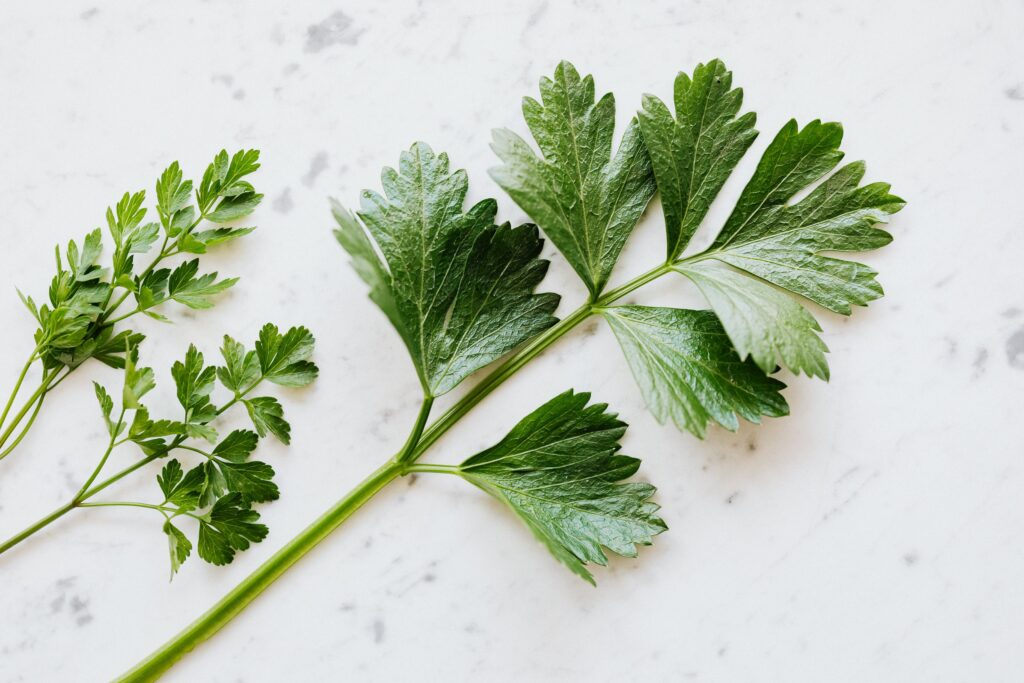
Yes, you read that right! The same dried parsley that you may have in your kitchen is also a wonderful source of vitamins and antioxidants, including folate, lycopene (supporting cardiovascular and prostate health), beta carotene (supporting eye health), and vitamins K, C, and A. It may be brewed as tea just like the other herbs mentioned here to enjoy these benefits. Pregnant people may safely consume food amounts, but should avoid medicinal use.
Red Clover
Trifolium pratense
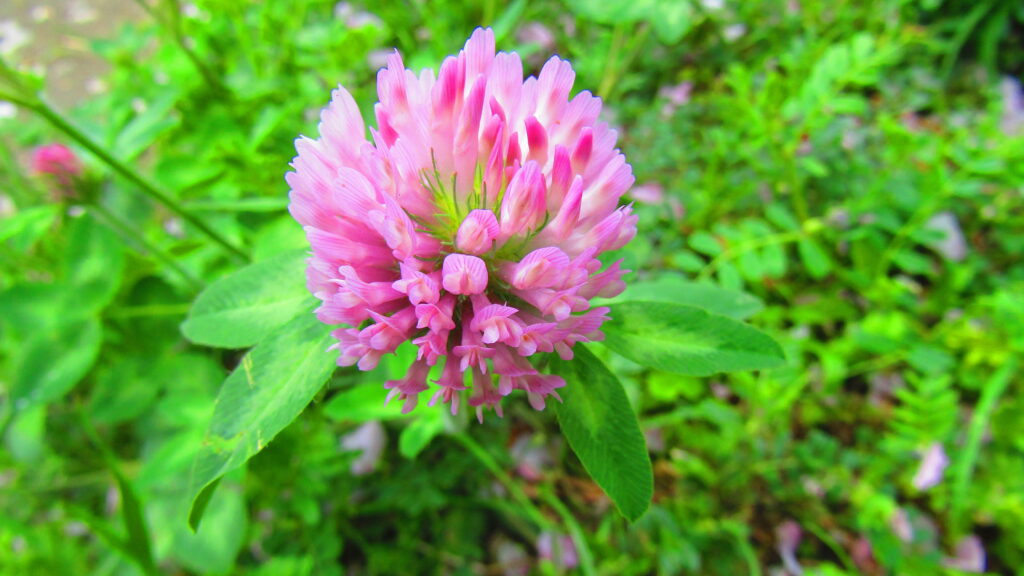
Red Clover is a lovely, sweet addition to tea that packs a nutritional punch. One study found a 10 gram serving of Red Clover to have 98% of the daily RDA of iron! It also offers appreciable amounts of calcium, magnesium, manganese, potassium, and more selenium than Brazil Nuts. The phytoestrogens it offers (similar to soy) can be extremely beneficial to heart health and menopausal symptoms, but are best avoided by pregnant people and those taking hormone replacement therapy.
All of these herbs may be combined to make a delightful daily tea that we commonly recommend in our shop – ask us about the “Herbal Multivitamin” blend. This has been an introduction to nutritive herbs but is not comprehensive! There are many others that may be added or substituted to tailor a blend to individual needs, including a folk blend with a long history of use for pregnancy and lactation – ask about the “NORA Tea”.
For More Information:
Phytochemical and pharmacological potential of Medicago sativa: a review
Nutritional Value of Moringa olifera
Nutritional and pharmacological importance of stinging nettle
The Nutritional and Therapeutic Importance of Avena Sativa
USDA FoodData Central Database: Parsley, dried
Elemental analysis and nutritional value of edible Trifolium (clover) species

